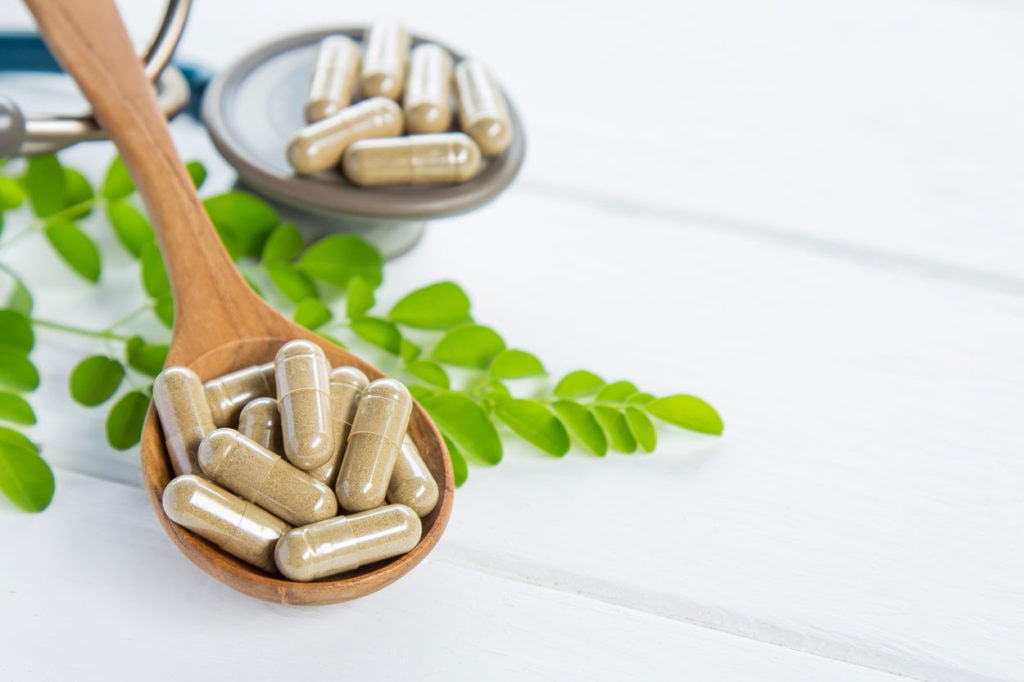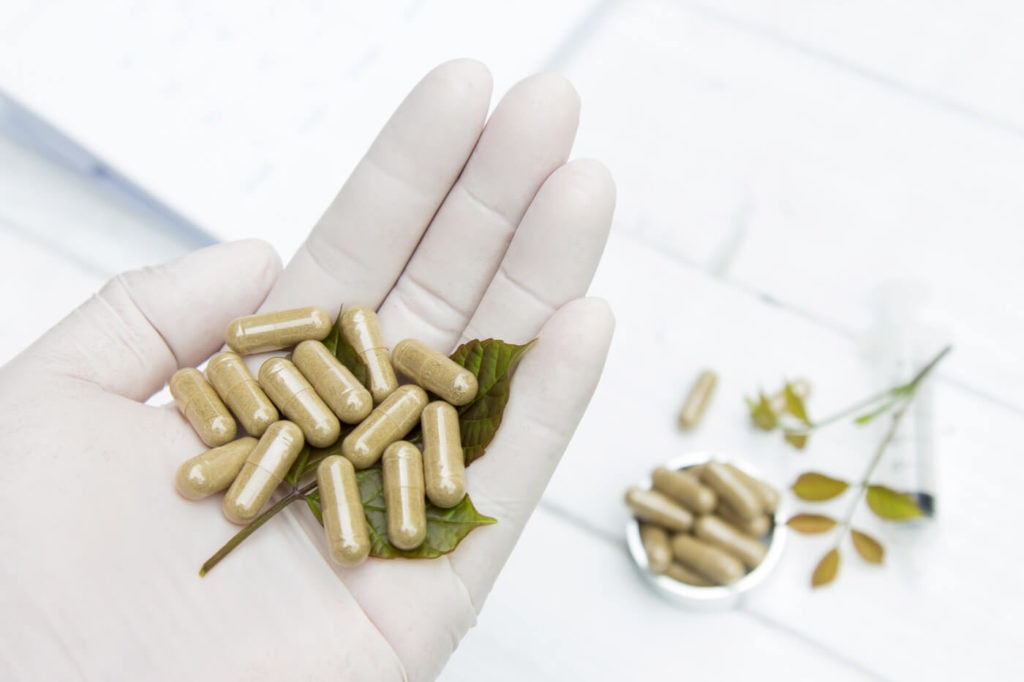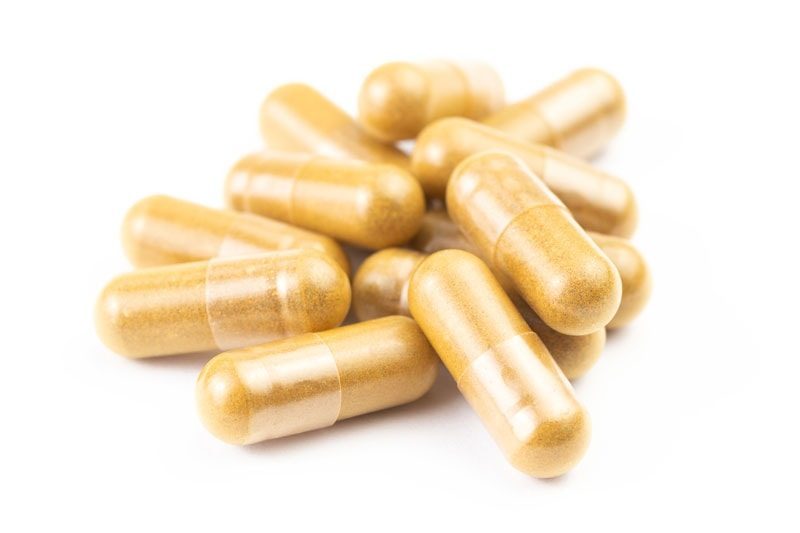Bioavailability is an important topic for both supplement manufacturers and consumers. High bioavailability is considered a good thing. Poor bioavailability is considered an issue. Are you interested in learning about the bioavailability of vitamins? What is bioavailability? Why is it important? What can you do to improve the bioavailability of your supplements? Read on to find out.
Contents
What is bioavailability?
When you take a vitamin or any other kind of supplement/medication, not all of the vitamin’s active ingredients are used by your body. While some of the supplement’s active ingredients are absorbed into the bloodstream, others are simply discarded by the body as waste.
The bioavailability of vitamins refers to the percentage of the supplement’s active ingredient(s) that is/are absorbed into the bloodstream to be used by the body.
High bioavailability means much of the nutritional value of the supplement will be absorbed and used. Low bioavailability, on the other hand, means the percentage of active ingredients actually used by the body is quite low.

Why is bioavailability important?
The bioavailability of vitamins is important for both consumers and supplement manufacturers because only high bioavailability ensures that consumers are taking the correct amount of the supplement as indicated by the supplement’s label.
For example, as a consumer, if you’ve been instructed by your doctor to take 250mg of vitamin C daily, you’ll likely buy a vitamin C supplement with this exact dosage written on the label. Of course, you want to be sure you’re actually getting the full dose as recommended by your doctor. High bioavailability means you’ll come pretty close to getting the full dosage. Low bioavailability means you might be way off.
Likewise, as a supplement manufacturer or supplement brand, you want to make sure your consumers are getting the doses they’re recommended and the doses they’re paying for. If a large percentage of a supplement’s active ingredients are not properly absorbed into the blood, the supplement will be less effective, which can disappoint and/or harm your customers.

Factors affecting bioavailability (for manufacturers)
There are many factors affecting the bioavailability of vitamins. While some are mostly in the hands of consumers (time of day taking the supplement, taking the supplement with or without food, etc.), many factors affecting the bioavailability of a supplement are actually in the hands of supplement brands and manufacturers.
Release times (immediate, delayed, extended, sustained, etc.) – Supplements designed for controlled release typically exhibit lower bioavailability than supplements designed for immediate release [1], although there are some exceptions.
Excipients used – Excipients, ingredients in a supplement that are not considered active ingredients, can also impact bioavailability. Lipid excipients, for example, enhance the bioavailability of a poorly soluble drug by keeping it in a liquid form, such as a softgel capsule, until it reaches the site of absorption. Read more about optimizing excipients to improve bioavailability.
Specific manufacturing methods – Several manufacturing methods such as solid dispersion, complexation, lipid-based systems, micronization, nanonization, and co-crystals have been developed to improve the solubility and bioavailability of different drugs and vitamins. In recent years, solid dispersion has been one of the most widely used and successful techniques in formulation development [2] [3].
Supporting ingredients – Some ingredients can increase the bioavailability of other nutrients. Vitamin C, for example, can enhance the bioavailability of iron [4].
Supplement formats – Supplement formats can greatly affect bioavailability. While tablets typically have slow absorption rates and low bioavailability, softgels have great bioavailability because they house liquid ingredients. For example, in one study featuring melatonin supplements, researchers found that softgels significantly increased the bioavailability of the supplement when compared with tablets [5]. Likewise, liquid vitamins typically have the greatest bioavailability of all supplement formats.

Factors affecting bioavailability (for consumers)
Consumers can also play a role in the bioavailability of the supplements they take. In fact, there are three main factors consumers have control over: (1) whether they take the supplements when fed or when fasting, (2) whether the supplements interact with other foods or drugs they’re taking, and (3) how they store their supplements to ensure stability.
Fed or fasting – The presence of food in the digestive tract can have a significant impact on bioavailability. Some supplements are more effective when taken on an empty stomach. Others are more effective when taken with a meal.
Interactions with other food and/or drugs – It’s not only the presence of food that can affect the bioavailability of vitamins, it’s also the kind of food. Specifically, drugs like antacids, alcohol, and nicotine can affect bioavailability. Likewise, foods like grapefruit juice, pomello, and cranberry juice tend to have an impact.
Storing supplements – Stability can certainly affect the bioavailability and effectiveness of a supplement. To ensure maximum stability and maximum bioavailability, it’s best to store supplements in a cool, dry area away from direct sunlight.

Final notes on the bioavailability of vitamins
To summarize, the bioavailability of vitamins refers to the percentage of the supplement’s active ingredient(s) that is/are absorbed into the bloodstream to be used by the body.
Bioavailability is important because only high bioavailability ensures that consumers are taking the correct amount of the supplement as indicated by the supplement’s label.
Fortunately, there are many ways for manufacturers to improve the bioavailability of the supplements they’re producing. Likewise, consumers can and should follow instructions from manufacturers to ensure they’re absorbing the highest percentage of active ingredients possible.

Are you looking for a supplement manufacturer?
The bioavailability of your supplements can be the difference between creating an effective and popular dietary supplement formula and creating a formula that falls short of expectations.
Generation Nutra has the knowledge to help you create highly effective formulas. Here are some additional benefits of building your supplement brand with Generation Nutra:
- Thousands of raw materials to choose from so you can create unique and personalized formulas.
- Advice in terms of formulation.
- Various packaging formats to choose from so you can customize your product.
- A team of in-house graphic designers to help you design custom labels for your brand.
- Advice and guidance to help you market and sell your product.
Are you looking for a supplement manufacturer?
Ask Generation Nutra what we can do for you!
CONTACT GENERATION NUTRA
References
- https://www.sciencedirect.com/science/article/pii/S0928098714004126#b0295
- https://www.ncbi.nlm.nih.gov/pmc/articles/PMC6470797/
- https://www.sciencedirect.com/science/article/abs/pii/S1359644607003753
- https://pubmed.ncbi.nlm.nih.gov/20200263/
- https://www.tandfonline.com/doi/pdf/10.1517/17425255.2014.943183


